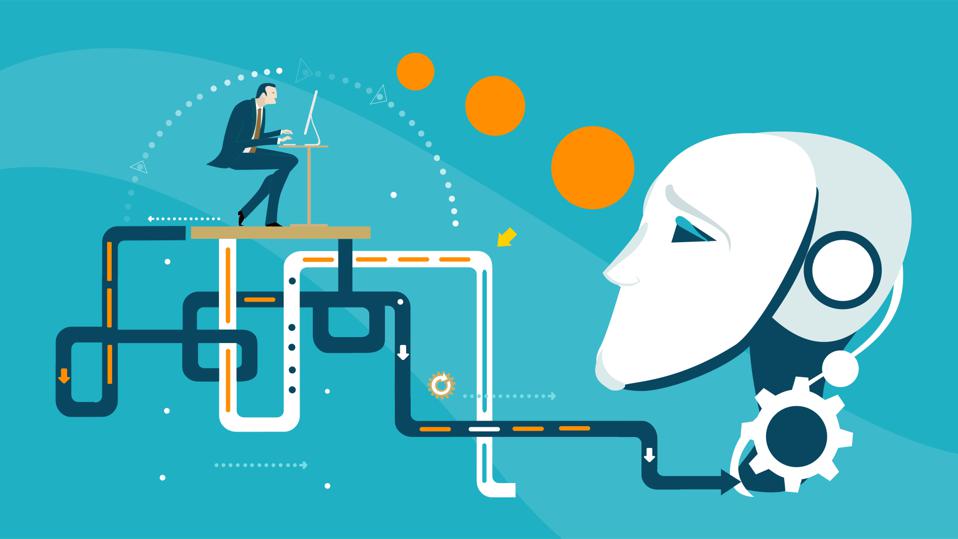In the intricate world of business, where success hinges on the right choices, the way you manage your employees and HR functions can make all the difference. Traditionally, most companies have handled hiring and human resources (HR) in-house, but times are changing. A growing number of businesses are discovering the immense benefits of entrusting these critical aspects to a Professional Employer Organization (PEO).
You may have heard the term 'PEO' but are unsure about its significance. If you've been pondering, "What is a PEO company?" - you're in for a treat. This article is your gateway to understanding the world of PEOs and how they can transform your business. The insights shared here come from BenefitMall, a Dallas-based general agency that connects companies with PEO providers.
Demystifying PEO: Professional Employer Organizations
At the heart of it, a PEO stands for 'professional employer organization.' Some people may interchange 'employer' with 'employment,' but the essence remains the same. A PEO is a professional co-employer, a company that thrives by co-employing workers who perform tasks for other businesses.
The Co-Employment Agreement
In the world of PEOs, both PEO companies and their clients become co-employers of the employees in question. Think of it as sharing employees, at least on paper. This arrangement provides unique advantages to each party involved.
For instance, let's consider the Acme Widget Company partnering with Smith's PEO Service. As soon as Acme makes this move, all its employees become co-employed by Smith's. Smith's takes on responsibilities such as taxes, workers' compensation, and reporting. However, Acme retains control over the day-to-day activities of their employees.
Outsourcing HR Functions: A Wise Choice
For companies like the fictional Acme Widget Company, teaming up with a professional employer organization can be a smart financial move. PEO providers bring substantial benefits to the table, as they typically handle all the HR functions that businesses would traditionally manage in-house. The advantages of this partnership are numerous:
- Cost Savings: Reduction in HR expenses.
- Compliance: Enhanced adherence to labor laws.
- Efficiency: Ability to outsource payroll and benefits.
- Talent Acquisition: Outsourcing recruitment and hiring.
- Expertise: Access to HR guidance and support.
- Risk Management: Improved liability and risk control.
- Planning: Enhanced workforce planning.
PEO providers specialize in HR - it's the core of their business. They share similarities with temporary employment agencies, but the key distinction lies in their legal status as co-employers of workers who hold permanent positions with other companies.
Who Benefits from PEO Services?
Now, you might be wondering: Which organizations typically leverage PEO services? According to BenefitMall, PEOs predominantly work with small businesses, those with fewer than 500 employees. These companies choose to allocate their limited resources to aspects beyond HR.
Companies pay PEOs a predetermined rate per employee, and in return, they gain full-time employees who can be managed just like exclusively employed workers. The PEO takes care of everything administratively, from benefits and payroll deductions to taxes.
A Unique Arrangement That Works
The concept of PEOs can initially perplex some business owners, as it may seem counterintuitive to conventional practices. However, it's an arrangement that has proven successful for many companies.
If you're contemplating partnering with a PEO, thorough research is essential. Understanding all the implications and intricacies of working with a PEO is crucial before taking the leap. Moreover, it's imperative to continue your search until you find a PEO that aligns with your company's goals and values.
In conclusion, PEOs offer a dynamic approach to managing HR functions and workforce, allowing companies to focus on their core objectives while benefiting from expert HR support.
FAQs
What are the primary benefits of partnering with a PEO?
Partnering with a PEO can lead to cost savings, improved compliance with labor laws, and efficient outsourcing of HR functions, among other advantages.
Is the co-employment arrangement with a PEO suitable for all businesses?
PEOs typically work well for small businesses with fewer than 500 employees who prefer to divert their resources away from HR management.
How do PEOs differ from traditional temp agencies?
PEOs legally become co-employers of workers with permanent positions in another company, whereas temp agencies provide temporary employment.
What should business owners consider before contracting with a PEO?
Business owners should conduct thorough research and fully understand the implications of working with a PEO. It's also crucial to find a PEO that aligns with their company's values and objectives.


